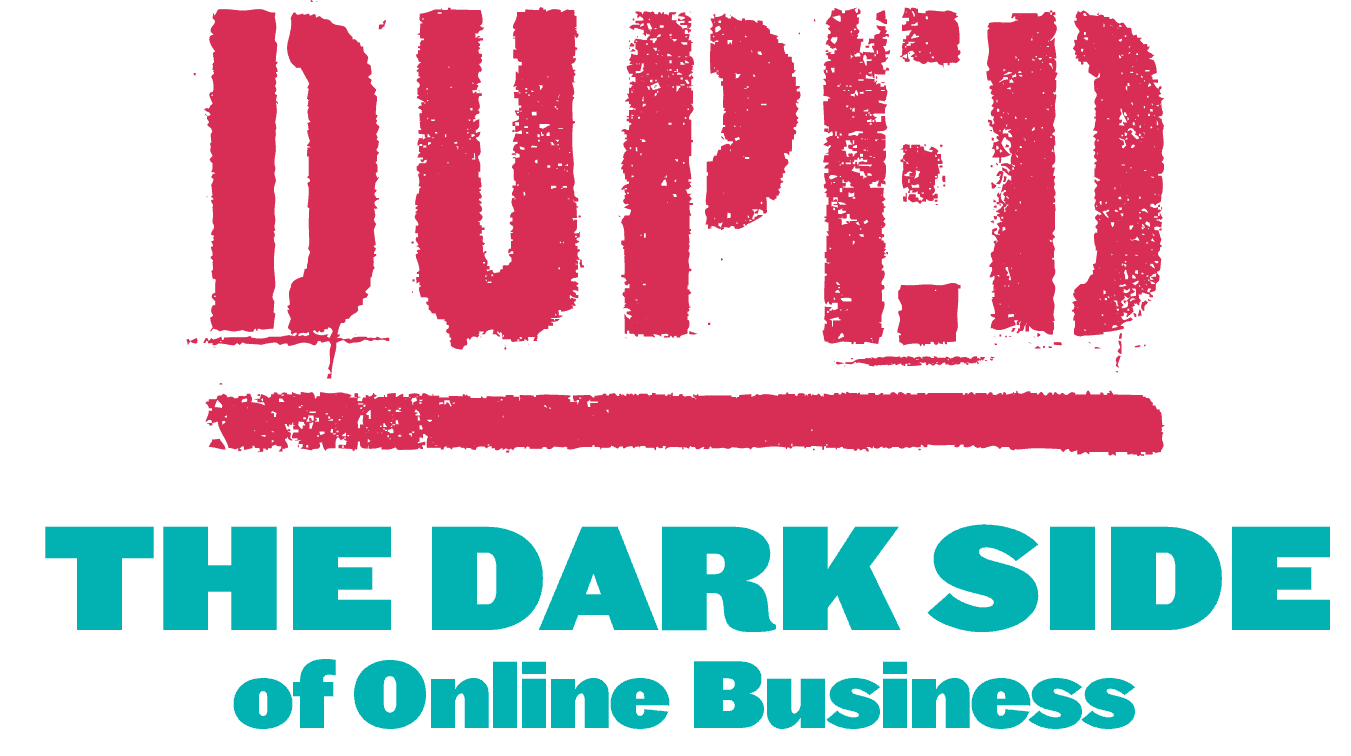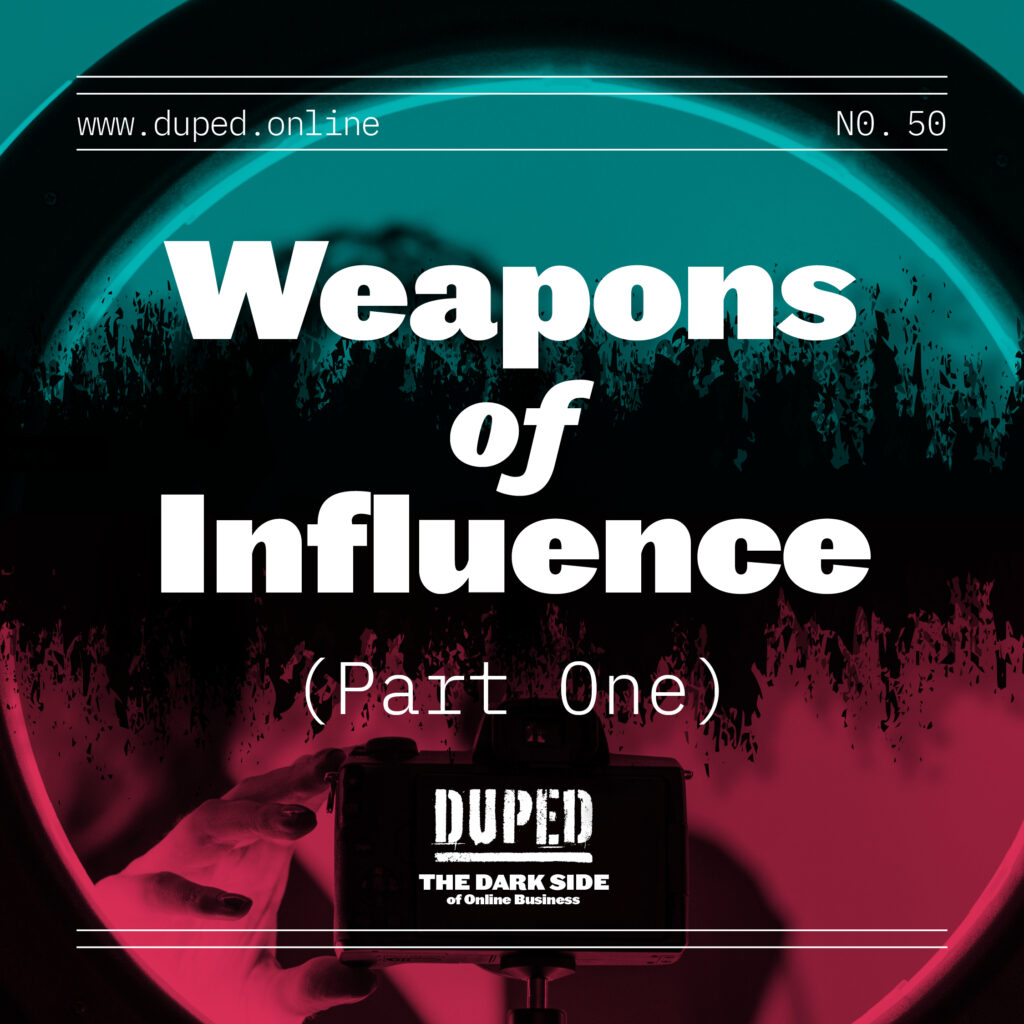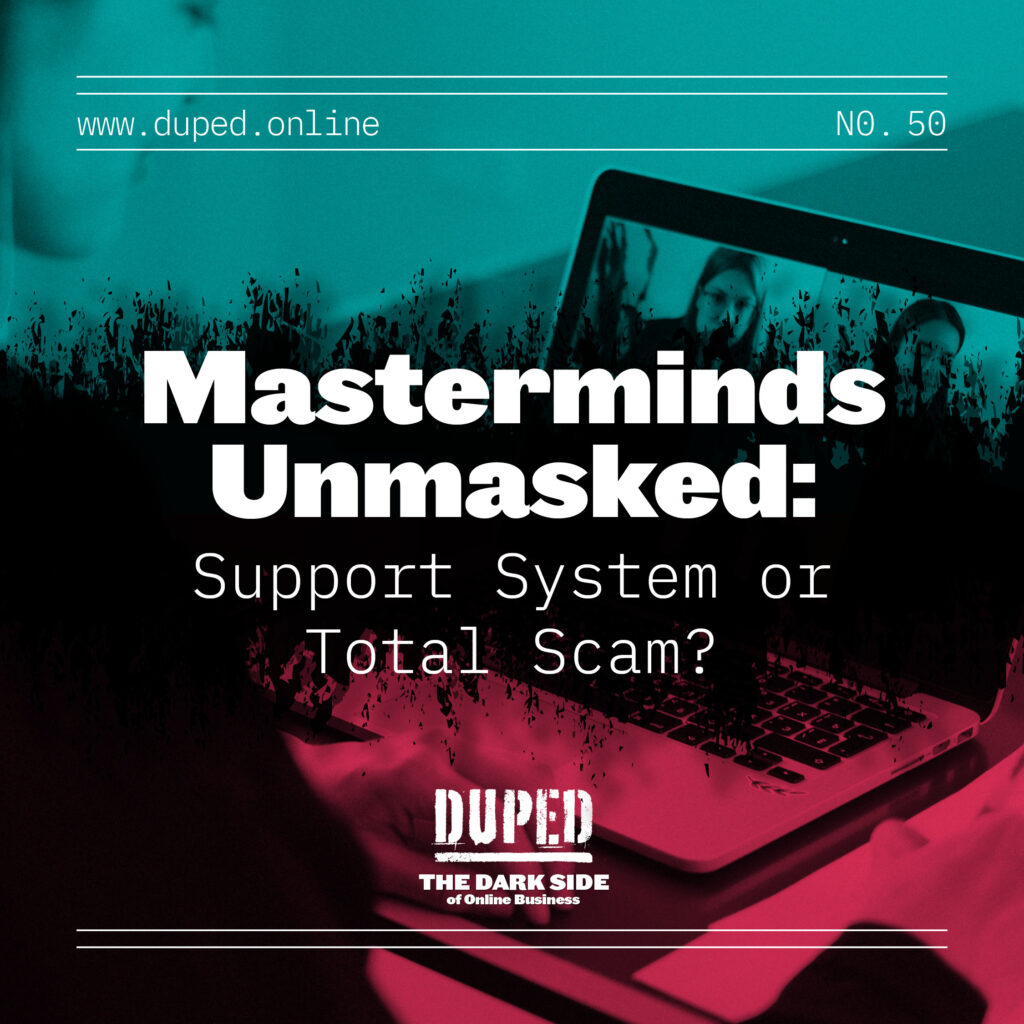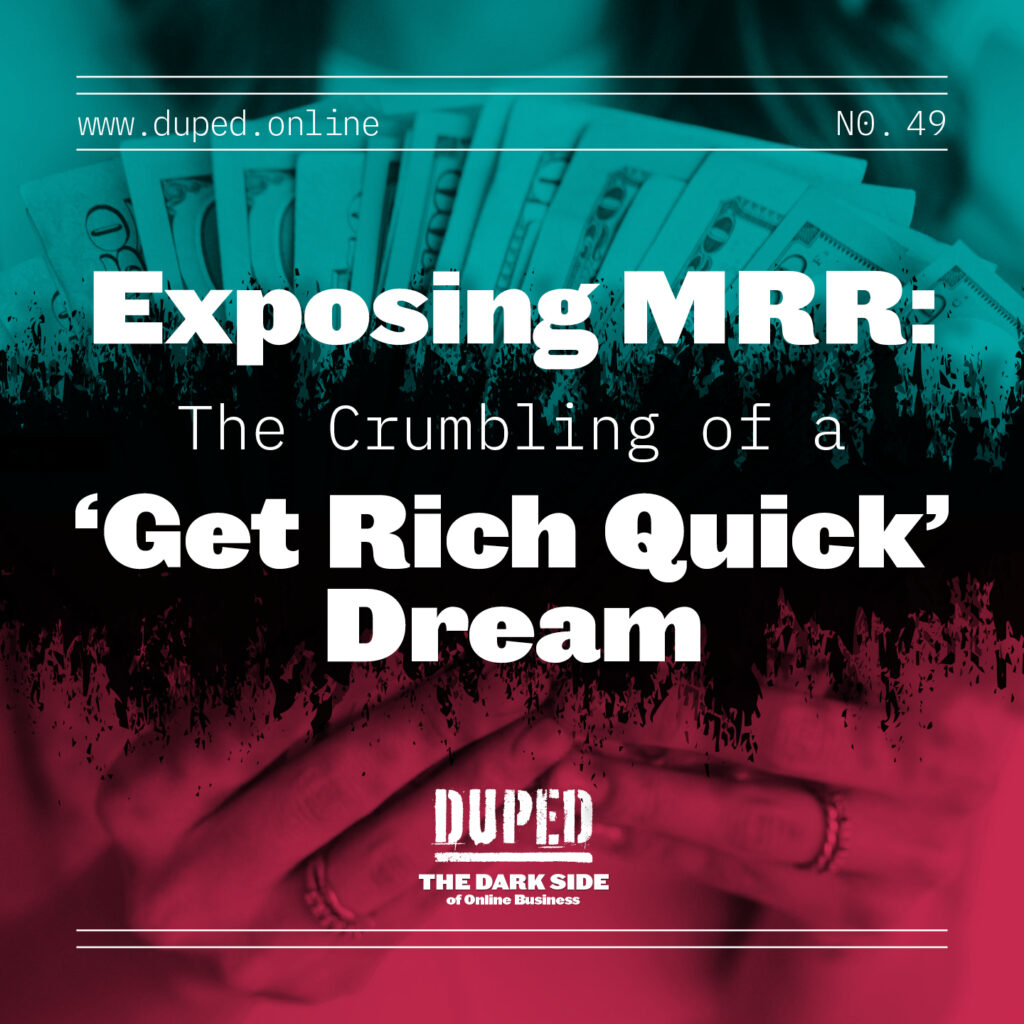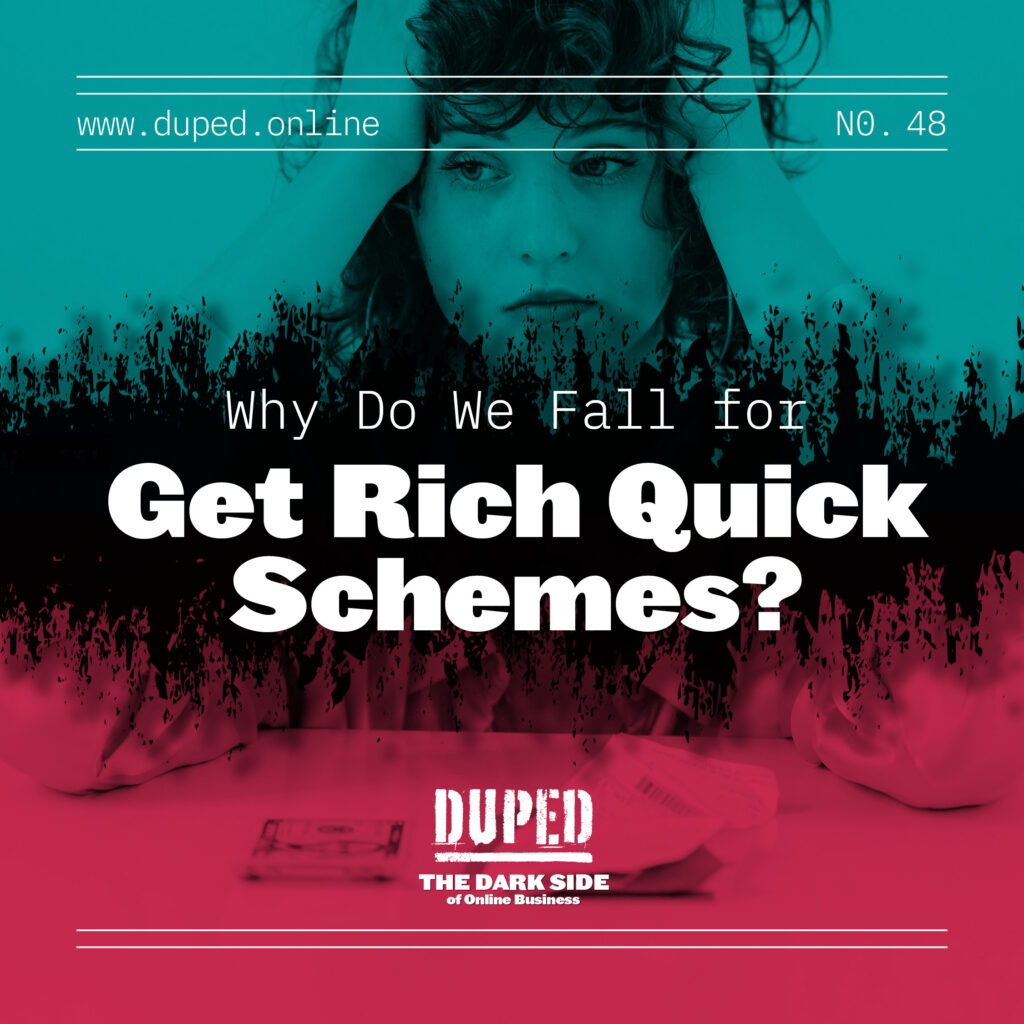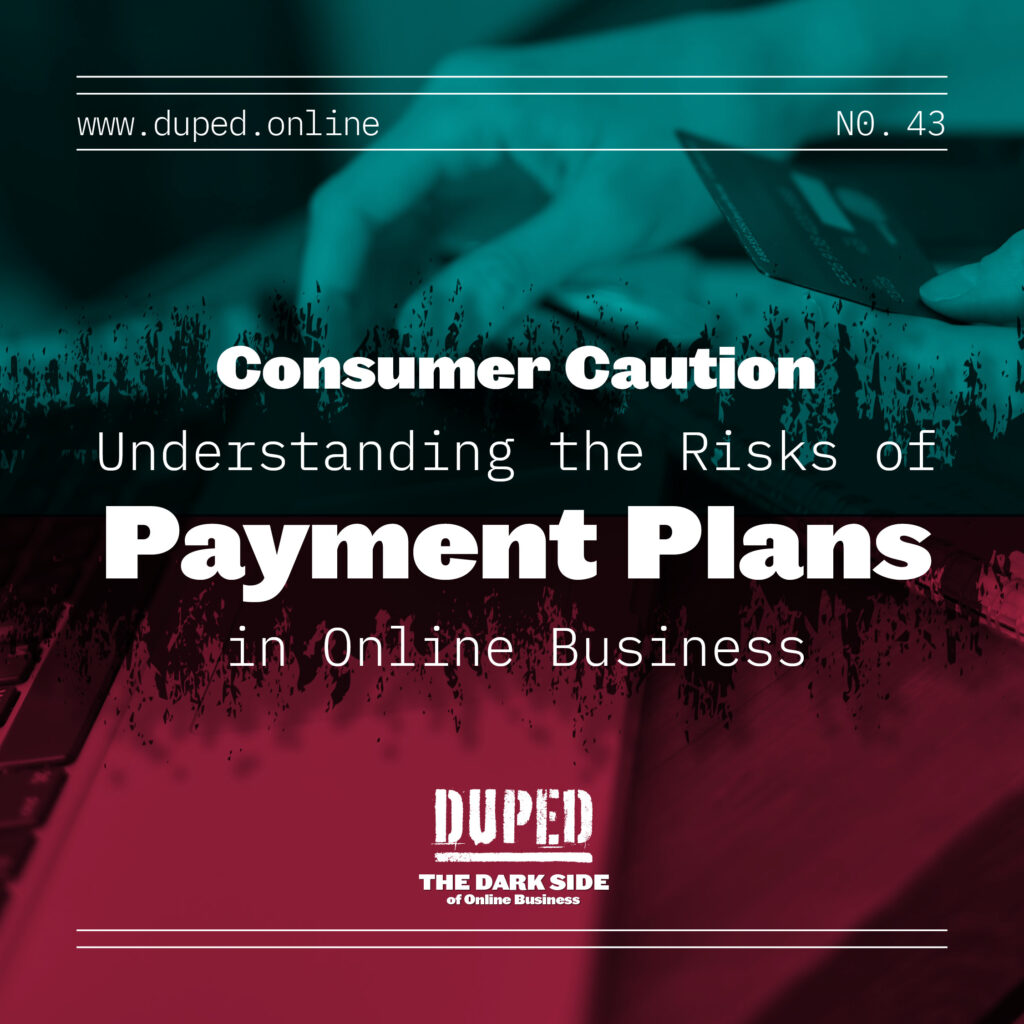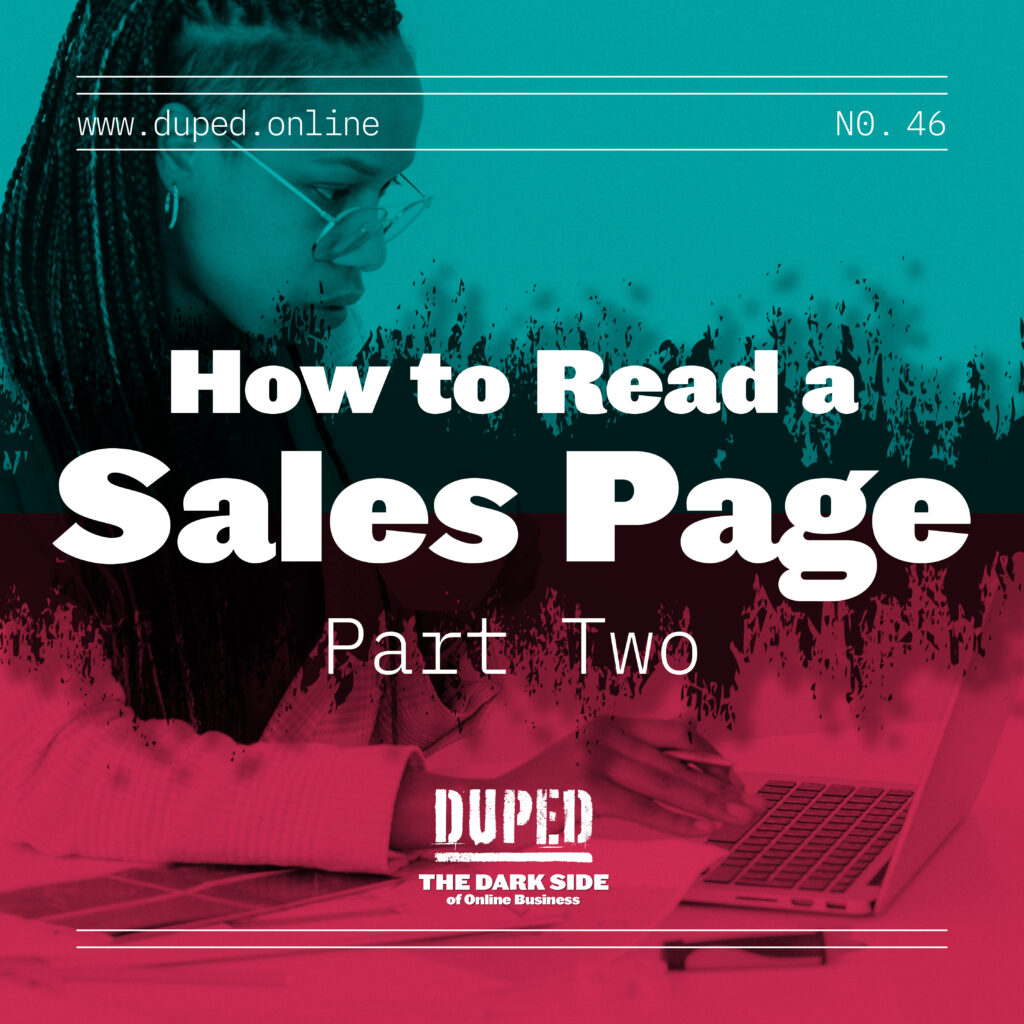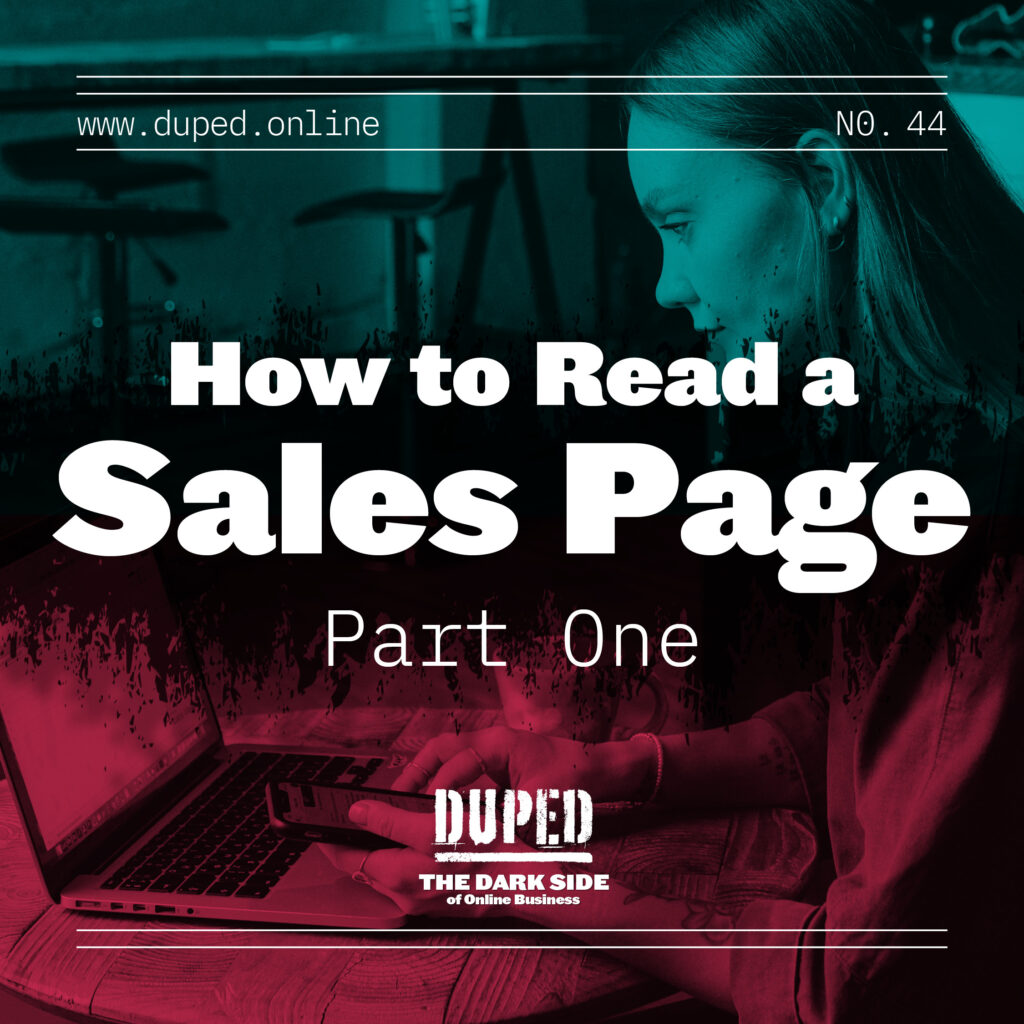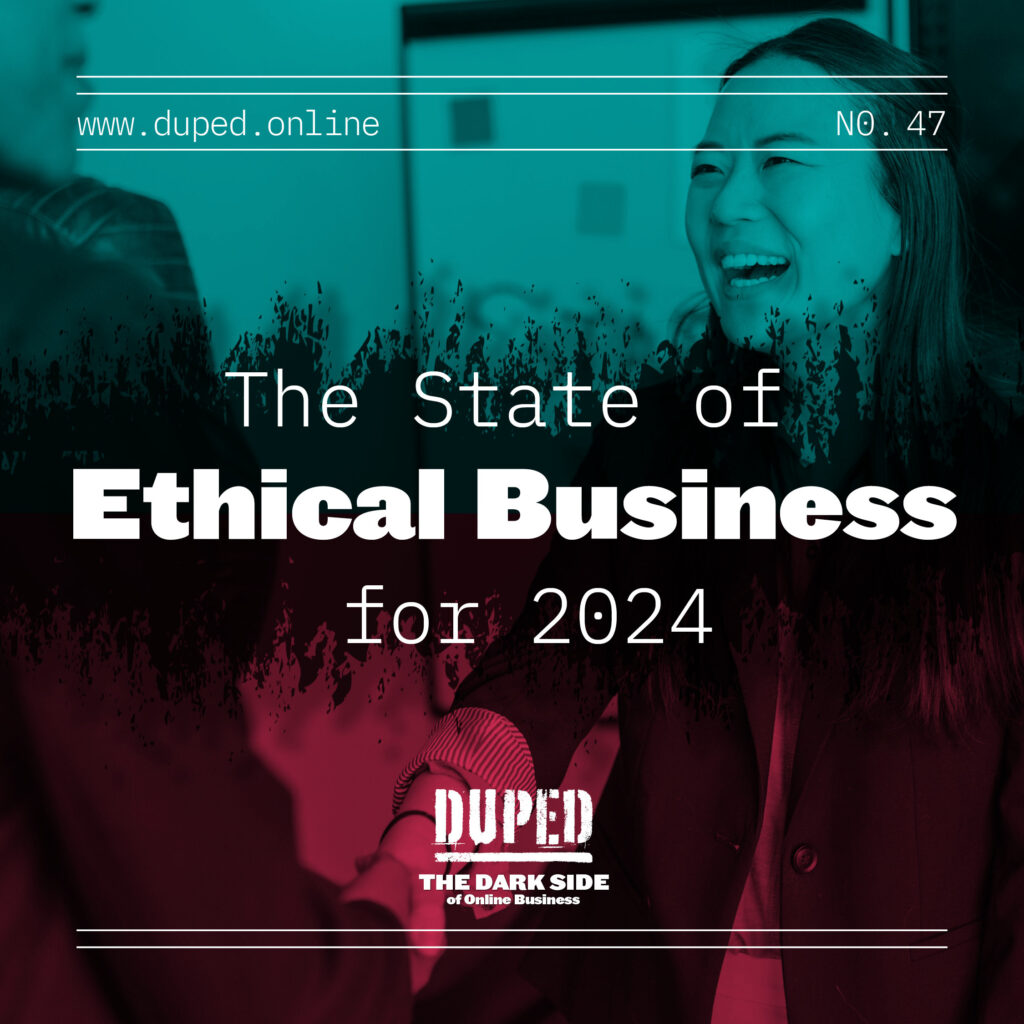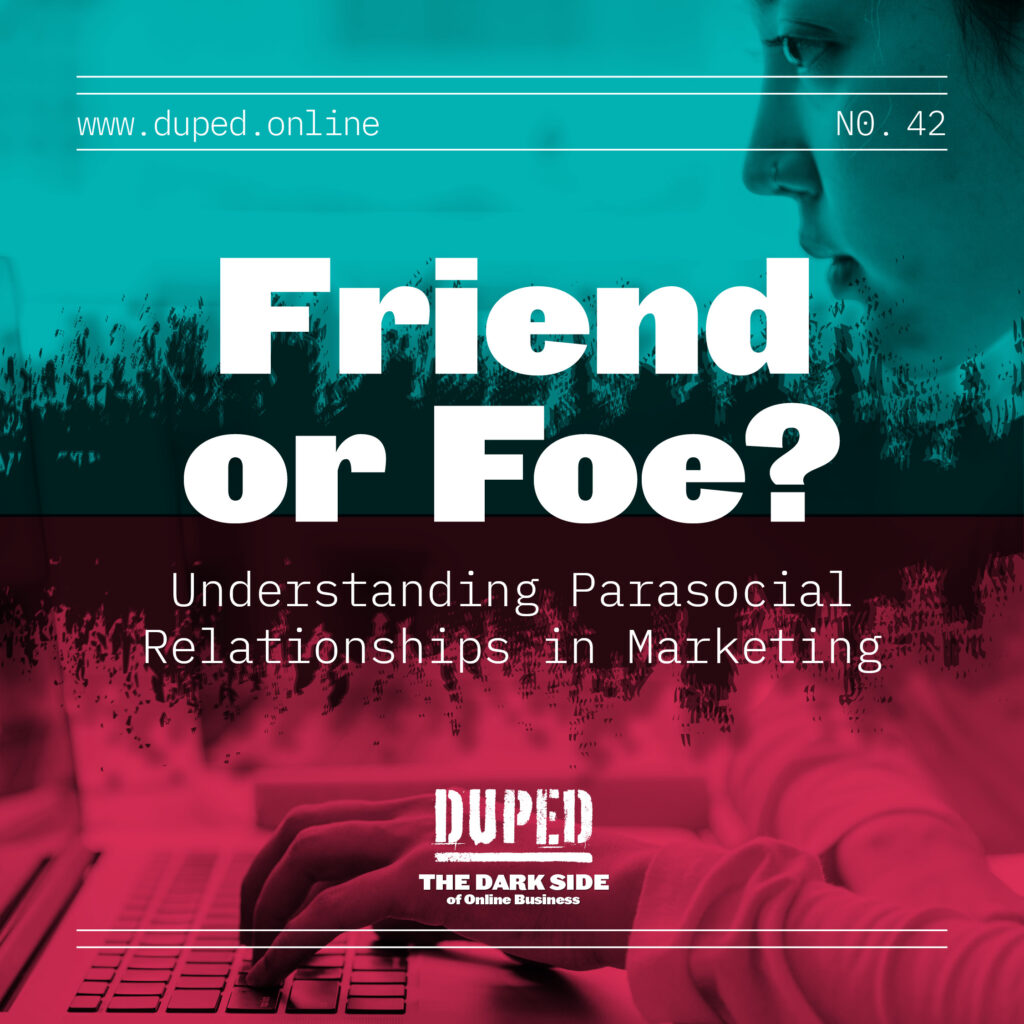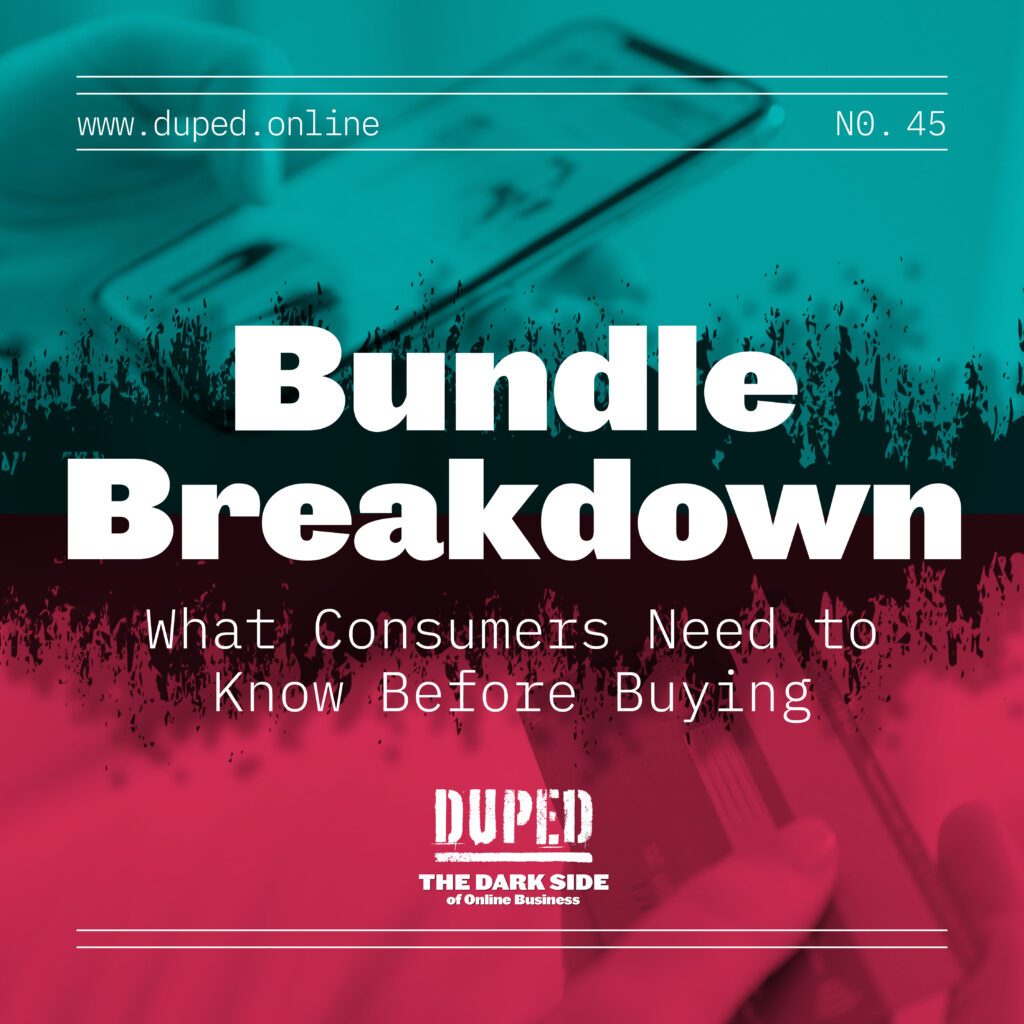
The Bundle Breakdown: What Consumers Need to Know Before Buying
One of the most popular collaborations out there right now are business bundles, and at times, they can seem like they’re everywhere. But are they the steal they seem to be? Or are they a sham?
In this episode, we’re breaking down everything you need to know about those business bundles from how they work, why they’re so enticing and what to consider before you buy.

Today’s episode was requested by you, the listeners, as you wanted to know what the deal is with the business bundles you see on social media and in your inbox being promoted week in, week out.
When we were prepping for this episode, Michelle couldn’t remember if she ever had bought a bundle, so she did a search and it turns out she bought one back in early 2022. She took a second to log-in to see why she may have decided to buy, and it’s because there was a specific course that she’d planned to buy, so it made sense.
But that’s the only time she’s bought a bundle, as she’s always had concerns about them as a tactic, and how they encourage you to buy using scarcity and FOMO.
What are Bundles and How Do They Work?
Before we get any further into this discussion, let’s explore a bit about what a bundle actually is.
A bundle is a collaboration where people all contribute a product (usually sub $100) to promote it together. They’re priced in a super enticing way to potential buyers as they get multiple products for the price of what they’d pay for a single one.
With the one Maggie bought, there were 32 products, and the overall bundle price was less than buying the one course she wanted on its own.
Bundles are usually put together by a “host” which is sometimes an individual or a company that specializes in offering bundles. The host does all of the work to put together the bundle, including the sales page, promotional materials and so on.
For the host, it helps them build their email list by getting the information for everyone who buys the bundle.
For the people participating in the bundle, they all need to promote to their audiences, so they get highlights with other people’s audiences. If someone signs up for the product you include, then you get their email address too.
Sometimes participants pay to be included, and other times they can join for free. Recently, Maggie was invited to be a part of one, and the pitch was downright terrible.
There were a few red flags for Maggie:
- Zero personalization which meant they weren’t curating who they were including. They just want as many people as possible.
- Asking people to pay to participate. (see image below – we can discuss the options)
- She’d never heard of either of these people so this was an ice cold pitch.
- The list of topics the bundle was going to include screamed “we’re putting together a bunch of crap to make money and built our email list.” There were 22 potential topics!
- Also, she found the requirements ridiculous, needing to send two emails, and needing a 1k email list. Why would she give them access?
- Participants get a commission for the bundles they sell, but in this case that was super unclear. It said “up to 40%” with zero details.
From Maggie’s research, this is a pretty typical bundle in terms of the expectations, but there are definitely bundles that are much more niched and targeted. The reality is that bundle quality may vary, as well as people’s motivation for offering them.
What’s the Psychology Behind Bundles?
This is a consumer advocacy show, so we need to discuss the psychology behind bundles. They’re being offered all the time, so they must work to some extent if people keep creating them and people keep participating.
The first thing to remember is that as consumers we often believe that more is better, and with these bundles we’re getting a deal. Who doesn’t like a deal?
This goes to the concept of loss aversion which we’ve discussed on the show. When we don’t buy a bundle we feel like we’re missing out because our brains are hardwired to avoid potential loss. Getting a deal feels good.
There’s also the fact that we get a hit of dopamine so we feel a sense of pleasure and reward. A BBC article included analysis on the thrill of shopping a sale, and according to Kit Yarrow, San Francisco-based consumer psychologist and author of Decoding the New Consumer Mind, “The instant we decide to buy, we feel good and there’s a rush of positive emotion.”
When you combine all of that with the fact that bundles are available for a limited time, creating urgency and scarcity, it is easy to see why we may be enticed to buy a bundle.
Finally, there’s the element of consumer perceived value of the bundle, which is what, you as a consumer, believe you stand to benefit from purchasing. The price of the bundle versus the sheer number of products in the typical bundle easily makes it appear more valuable than it is.
What Should You Consider Before Buying?
We’re all for saving money, but you need to engage your critical thinking and not get carried away in the excitement of getting a deal.
It’s important to note that, most bundle products are what would be called “low ticket” offers” that are used to get people into a sales funnel. That’s not to say they’re all janky, but rather you need to look past the totality of the bundle to ensure it’s actually useful.
If you’ve eyeing up a bundle as there’s a product or two you would buy otherwise, it may be worth your time. The key is that you’ll ACTUALLY USE IT and it won’t be another thing collecting dust in your Google Drive.
Questions to answer:
- Do you know/like/trust the people involved?
- Can you comfortably afford it? Is this in your budget?
- Do you have time to spend on this?
- Is having all these products going to be a distraction?
- Why are you interested in this? Are you falling for the hype?
What About Participating in a Bundle as a Business Owner?
While we’re all about the consumer advocacy part of this, we did want to quickly touch on the flip side for you as a business owner and answer the question, “should I participate in a bundle?”
The answer is it depends, as not all bundles are the same and results may vary.
Consider the following:
- Is this specific enough to my audience?
- How big is the bundle? Will my product get lost in the mix?
Do I have the time/energy to promote? - Do I know and trust the person putting on the bundle?
- Who else is participating? Are these people I want to be aligned with?
- What are the potential benefits? Drawbacks?
And of course, you’ll want to consider the potential results. As I’ve never participated in a bundle, I asked for input from people who have.
Content strategist Britney Gardner has participated in two bundles and carefully measured her results. “One of the bundles was much better than the other.. After three months 75% of bundle attendees from the first one stayed on my email list, and two people went on to buy from me. No one from the second one ever purchased anything.”
Copywriter Megan Taylor shared her experience in a recent social media post, “I’ve gotten some really good results from bundles for the digital product side of my business, both for list growth and short and long-term sales! But I’m not sure it’s the kind of results that I’d pay for, as I’m already giving away something paid for free.”
Personally, for Maggie, she’s still a no for participating in bundles as she’s very particular about what she shares with my community via email. Plus, she doesn’t like being told when and how to promote by someone who will benefit from this collaboration more than she would.
Links for this episode:
Join the

Patreon
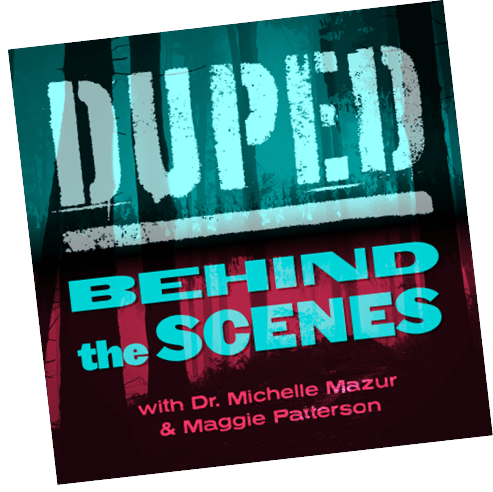
for only $7/month and get a
monthly bonus episode,
behind-the-scenes content
and more.
